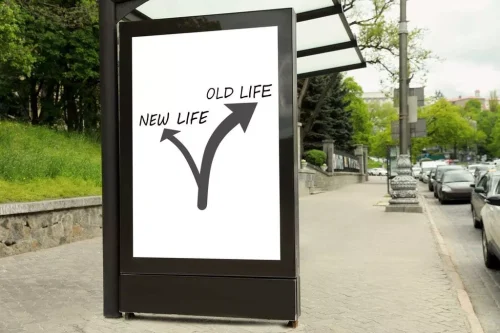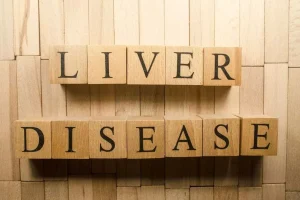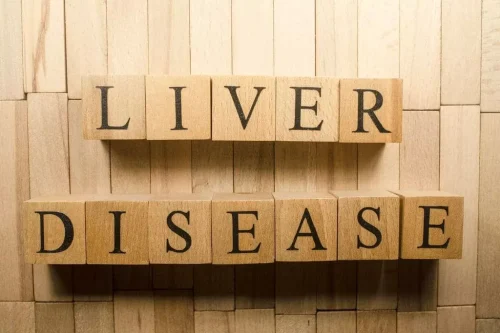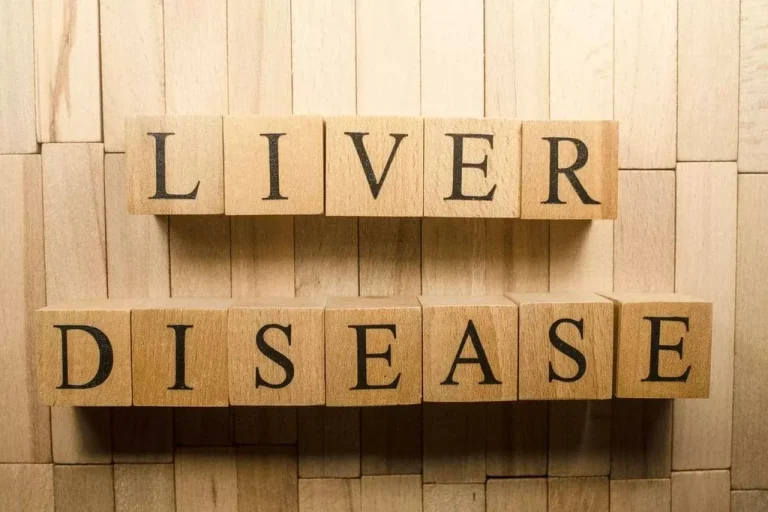
Some studies show that 65 to 70 percent of people relapse at least once during their journey with sobriety. Routines have many benefits, as many people find comfort in them. A consistent daily and weekly routine filled with things that improve your well-being can help you avoid relapse. By Michelle PugleMichelle Pugle writes health articles for award-winning websites, as seen in Healthline, Verywell, Everyday Health, Psych Central, and Health.com.

Seek Professional Help
Online support groups have become increasingly popular. They offer flexibility and accessibility, especially for those with busy schedules or limited transportation.

Traveling While Sober: Will I Still Have Fun?…from The Fix…
Awakening revitalized and eager for the oncoming day is a benefit of abstaining from alcohol. Planning enjoyable morning activities such as exercise, meditation, or pursuing a hobby can serve as motivation to stay sober at social events. The strategies we’ve explored offer a roadmap for maintaining sobriety in 2024 and beyond. From building support networks to focusing on personal growth, each step is crucial for long-term success. The loss of a job, a promotion, or a major work opportunityOne of my favorite sayings in 12-step programs is that an expectation is a resentment under construction. When you miss out on a significant work opportunity or you’re let go from your job or passed over for a promotion, it is natural to feel crushed and overwhelmed.
- Detox can occur in a hospital setting or as the first part of inpatient or outpatient rehabilitation.
- It’s impossible to know how you’ll react and how your life will change when getting and staying sober.
- Whether your poison is Monopoly, Risk, Uno, or Spades, getting a group of people together to eat junk food and play games is always a good option.
Is Ginger Beer Alcoholic? – A Brief History of Ginger Beer
The loss of a family member, a loved one, or a close friend can be incredibly painful, both spiritually and emotionally. For someone in recovery, the situations in which we grieve present their own unique difficulties. In circles of mourning, alcohol is a conventional lubricant. It can be easy for someone without recovery tools to pick up a drink during this time. Global events like elections, terrorist attacks, and natural disastersPeople in recovery tend to take everything personally.
- Post-acute withdrawal syndrome (PAWS) involves withdrawal symptoms that persist past the detox period.
- Dr. Lenton also suggests that by announcing that we’re quitting drinking, we subconsciously signal to the group that there is something wrong with THEIR drinking.
- One of the most immediate and noticeable advantages of sobriety is avoiding hangovers.
- There are plenty of other non-drinkers out there (probably even at the same party) who’ll happily raise a glass of seltzer water to cheer you on.

Language learning boosts cognitive function and generally makes you a more interesting human. Try a free app like Duolingo if you’re not sure where to start. Going alcohol-free doesn’t mean you can’t enjoy a fun, fizzy beverage. Start simple so you have non-alcoholic options to order at the bar. We promise there are better ways to fill your free time that don’t involve drinking, even if all of your pals were only in it for Dry January. Learn about opportunities to help change the conversation around mental health.
Getting outside connects us to nature and can make us feel alive. Sometimes running into people you know can prompt you to think, “Just one drink won’t hurt.” Don’t get too comfortable. Stay the course and avoid your old partying haunts.
- To begin, it can take several hours to sober up from alcohol.
- From building a strong support network to giving back to the recovery community, we’ll explore practical steps you can take today.
- There are common setbacks to getting and staying sober like withdrawal, craving, and pressure to use.
- Online support groups have become increasingly popular.
- This may require opening new lines of communication that brings you out of your comfort zone.
- People who reach certain sober milestones receive pins or chips, acknowledging their achievements.
It also gives you a sense of purpose that can help you stay focused. This may mean that you don’t spend time with someone you used to use drugs with or go somewhere you used to drink. You might take a new way home from work, for example, to keep from going past your favorite old hangout. Embrace honesty in your journey, prepare for social interactions, identify triggers, and avoid temptation. Staying sober around drinkers can be tough, but with the right mindset and strategies, it’s possible. Exercise regularly, eat healthily, get enough sleep, and engage in mental well-being activities like meditation or yoga.
We do not minimize the horror or sadness of what happened, but we also do not use it as a reason to relapse. We don’t have to make our lives worse in response to disaster. Ultimately, however, communicating directly and planning ahead will help avoid problems later.

Unhealthy relationships make the process more complicated than it already is. Sobriety is a general term for staying away from mood- and mind-altering substances, being sober around drinkers though there is no commonly agreed-upon medical definition in terms of what sobriety means. People in recovery generally agree that abstinence is necessary but remains just a starting point for a new, sober life.